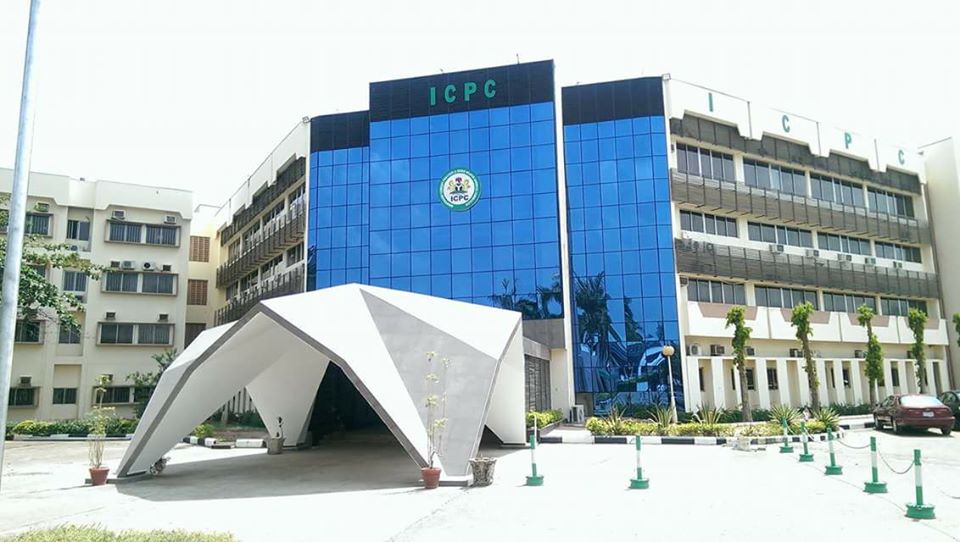THE Independent Corrupt Practices and other related offences Commission (ICPC) has vowed to prosecute all those indicted in the course of investigation into the alleged corruption in the oil sector.
Besides, the Save Nigeria Group (SNG), which participated in the recent protest against the removal of subsidy on petrol, yesterday commended the on-going probe into the corruption in the sector. It said its position that the government should check corruption in the sector had been justified.
A statement by a leader of the SNG, Philip Ugbodaga, made available to journalists, called on those in authority to fight corruption. “Fuel subsidy regime monitoring has vindicated the position of the coalition to save Nigeria that the problem of the country is not a non-existent fuel subsidy but the monumental corruption in the oil industry and the lack of political will by successive governments to frontally confront it.
“It has now become very apparent that the government merely needed more money to carry out its activities and unwisely decided to turn to hapless and poor Nigerians to secure same. It must now be very clear to the government that the Nigerian people can no longer be taken for granted in governance as they are determined to hold them more accountable for their actions or inactions”. .
Acting Chairman of ICPC, Ekpo Nta, said yesterday that the commission had been monitoring the developments in the oil sector since last year and that the body had since begun operational changes to ensure that breaches of the ICPC Act emanating from past and on-going investigations in the National Assembly were addressed.
According to him, the recent fuel subsidy protests, government’s explanations, National Assembly’s public hearings and interventions have shown to government, organised Labour, civil societies, women, students and youth groups, “and indeed street urchins, that corruption poses a serious threat to the stability and security of societies, undermining the institutions and values of democracy, ethical values and justice; and jeopardising sustainable development and the rule of law”.
Having commended the Nigerian media for providing the platform for the unprecedented national discourse on corruption, he announced the commission’s decision to propose in its 2012 budget the idea of instituting and funding toll-free calls to assist concerned citizens to report infractions of the ICPC Act.
Other plans of the agency for 2012 include sustained collaboration with local, regional and international sister-agencies to quash organised crime, which according to him, is closely related to corruption. The commission also planned to strengthen its monitoring system, aid good public sector governance at the local, state, federal and other related institutional levels.
ICPC also plans to do more of system reviews at the micro and macro levels of public governance to enhance operational efficiency, reduce wastage and block corruption-prone processes.
“We encourage the formation of more volunteer groups, especially at the secondary and tertiary levels of education to join the anti-corruption war”, he said, adding that more arrests and prosecutions would be made.
“It is very obvious that national and international democratic institutions, economies and the rule of law have been subverted by persons having access to corruptly amassed wealth through plundering of public funds. ICPC is very confident that the current national focus on corruption will enable the nation fund adequately its anti-corruption agencies.
“For example, ICPC has offices in only 14 states and, therefore, needs to provide offices in the remaining 22 states and all local council headquarters in the country. This will help us render assistance in monitoring and evaluating activities instead of waiting for offences to be committed before spending more funds on investigation”, he said.
Ata also projected that in 2012, ICPC will step up the re-engineering of “our corruption-prone, faulty or non-existent public service systems” to allow the innate goodness of Nigerians to come to the fore again.
He noted the need for the training of the commission’s workers to combat corruption in accordance with national and international best practices, describing corruption as a trans-border virus. He said appropriate equipment and technologies must be deployed in the sector to match rapid technological changes.


